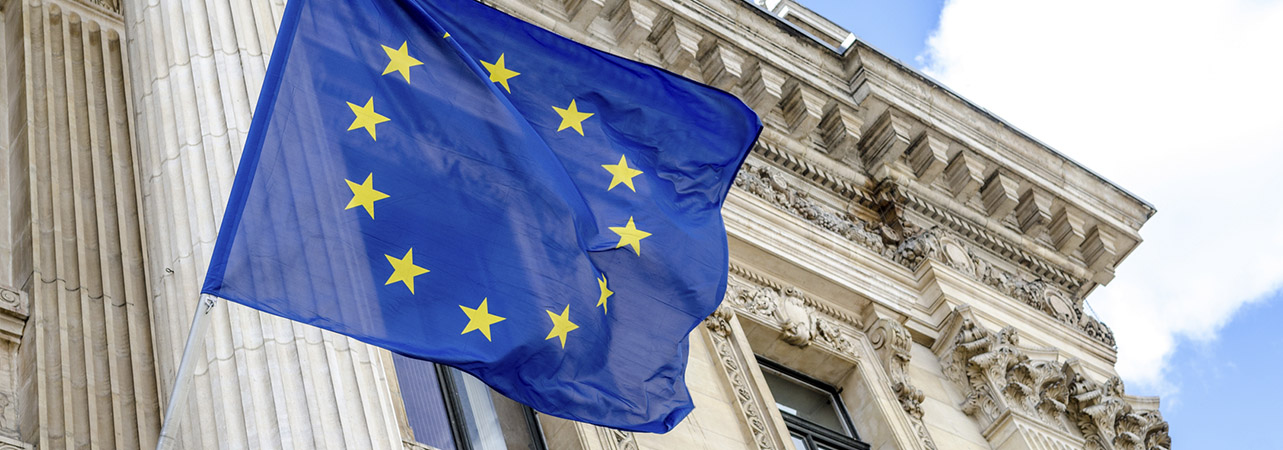Investors became increasingly preoccupied by the possibility of a “no-deal” Brexit during July as the UK’s Parliament broke up for the summer recess. Although Chief EU Brexit negotiator Michel Barnier described the UK’s Brexit White Paper as a “real step forward”, he refused to accede to the proposal that the UK will collect customs duties on the EU’s behalf.
- The US economy grew by 4.1% YoY during Q2
- Confidence amongst Japanese manufacturers has declined
- The ECB remained optimistic about the eurozone’s growth prospects
Investors became increasingly preoccupied by the possibility of a “no-deal” Brexit during July as the UK’s Parliament broke up for the summer recess. Although Chief EU Brexit negotiator Michel Barnier described the UK’s Brexit White Paper as a “real step forward”, he refused to accede to the proposal that the UK will collect customs duties on the EU’s behalf. Elsewhere, Bank of England Governor Mark Carney revealed that his confidence in the outlook for the UK economy is on the rise, boosted by some encouraging economic data. The FTSE 100 Index posted an increase of 1.5% over July as a whole.
“The G20 warned that escalating trade tensions are likely to hurt the global economy”
The US economy posted annualised growth of 4.1% during the second quarter, representing its most rapid rate of expansion since the third quarter of 2014. Growth was stoked by strong growth in consumer spending and by stronger export activity ahead of the introduction of controversial new trade tariffs. The Dow Jones Industrial Average Index rose by 4.7% over the month. In his testimony to the US Senate, Federal Reserve Chair Jay Powell remained broadly positive towards the economic outlook, citing a robust labour market, higher post-tax incomes and general optimism amongst consumers. Nevertheless, he expressed some misgivings about the potential impact of the ongoing trade wars.
The US began to impose a 25% tariff on US$34 billion of Chinese products during July and went on to threaten additional levies on a further US$200 billion of goods. China’s Commerce Ministry responded by warning: “The behaviour of the US is harming China, harming the world and harming itself”. The finance ministers of the G20 warned that escalating trade tensions are likely to hurt the global economy, while the International Monetary Fund (IMF) described them as the “greatest near-term threat” to the global economy.
As expected, the European Central Bank (ECB) left its key interest rate unchanged during July. ECB President Mario Draghi remained positive towards the region’s growth prospects, which he described as “solid and broad-based”, despite intensifying trade tensions. The Dax Index rose by 4.1% in July, while the CAC 40 Index climbed by 3.5%.
The Bank of Japan’s quarterly Tankan survey of business sentiment found that confidence amongst large Japanese manufacturers declined more rapidly than expected over the second quarter, undermined by concerns over the impact of trade wars. The Nikkei 225 Index rose by 1.1% during July.






